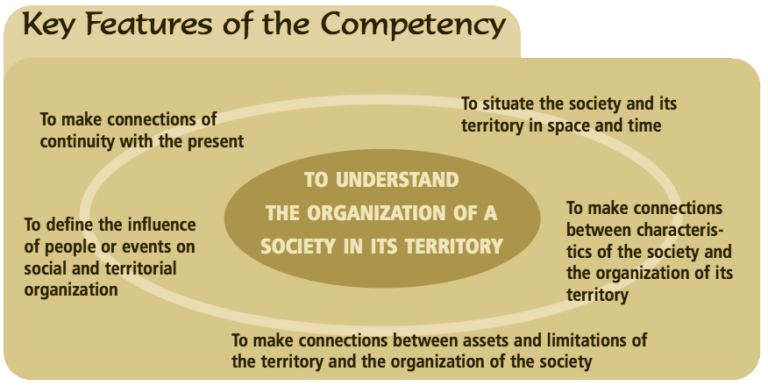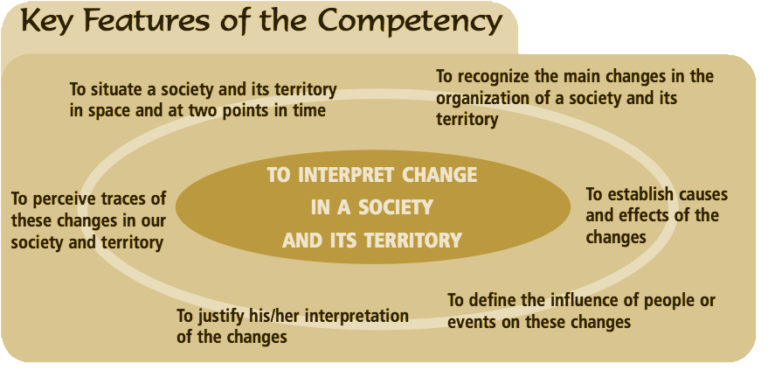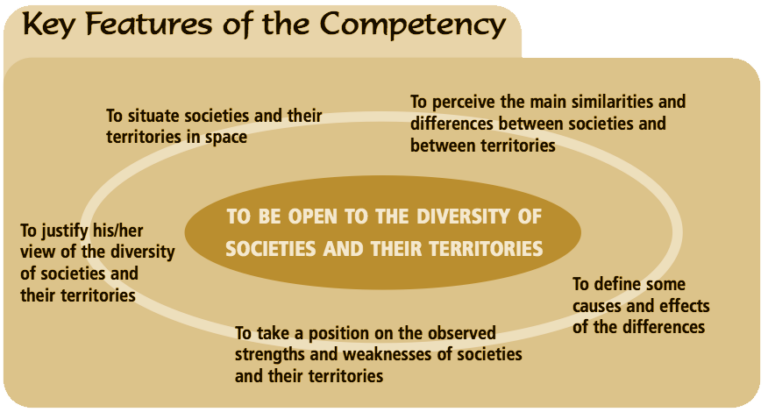The Quebec Elementary Geography, History, and Citizenship program empowers young learners to become informed, engaged global citizens. By focusing on three key competencies—understanding societal organization, interpreting societal change, and embracing cultural diversity—students develop a keen awareness of the world around them. They learn to question, analyze, and appreciate the complexities of different cultures and perspectives by exploring current events and historical contexts. This program fosters critical thinking skills and a lifelong passion for learning about the past, present, and future.
When teaching Social Sciences, remember the importance of including multiple perspectives (you may want to read our blog post: Whose History Are We Teaching? ). We encourage you to use different documents from many sources. There is a lot of content to cover in the program; it can be helpful to take a multidisciplinary approach and use some of the social sciences texts other classes ( see our workshop “Apprendre le français et l’univers social en même temps avec LEARN-RÉCIT” for ideas!). Also, carefully review the program to identify which societies and periods are central to Competency 1 and which are used for comparison only (Competency 2 & 3). You should allocate time according to the program documents.
Let’s dive deeper into the three competencies! Keep in mind that while these competencies are distinct, they are integrated into a single overall evaluation on a student’s report card.
The Competencies:
1 . To Understand the organization of a society in its territoryA territory is an area of land, or sometimes of sea, that we can say “belongs”…
This competency focuses on students’ ability to understand how societies are organized and how they function in a specific territoryA territory is an area of land, or sometimes of sea, that we can say “belongs”…. Students will learn about different aspects of society (territoryA territory is an area of land, or sometimes of sea, that we can say “belongs”…, demographics, social, political, and economic & cultural) and how these aspects interact with each other. Essential intellectual operations in this competency are students’ ability to establish facts from different documents and establish connections between facts.

2. To interpreting change in a society and its territoryA territory is an area of land, or sometimes of sea, that we can say “belongs”…
This competency focuses on students’ ability to analyze and understand how societies and their territories change over time. Students will learn about historical events, social movements, and technological advancements that have led to changes. Essential intellectual operations involved in this competency are students’ ability to identify and explain the causes and consequences of change, establish causal connections and determine changes & continuities.

3. To be open to the diversity of societies and their territories
This competency focuses on students’ ability to appreciate the diversity of societies and territories. Students will learn about different ways of life, values, and beliefs. One essential intellectual operation involved in this competency is students’ ability to identify differences & similarities.

Additional ResourcesResources are anything taken from the earth or nature that people need, use, and are “valued”….:
Want to learn more? Visit the Quebec Ministry of Education website for more information on the program and to access the progression of learning!
